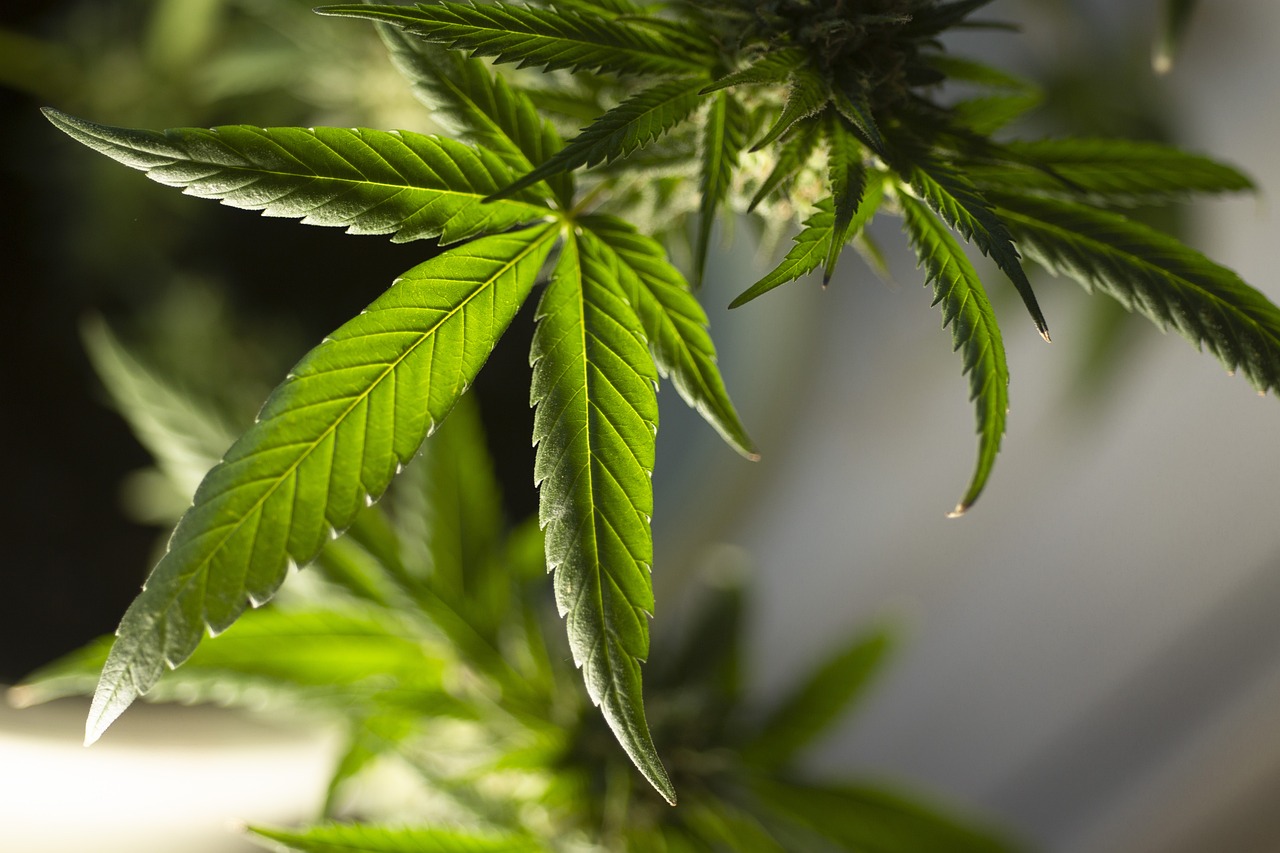In recent years, the cannabis industry has seen a surge in interest surrounding THCA flower. This guide aims to provide a comprehensive overview of THCA flower, exploring its unique properties, benefits, and how it compares to other cannabis products.
What is THCA?
THCA, or tetrahydrocannabinolic acid, is a non-psychoactive cannabinoid found in raw and live cannabis. Unlike THC, THCA does not produce a high when consumed. It is only through decarboxylation, a process involving heat, that eco-friendly THCA flower converts into THC, the compound responsible for the psychoactive effects.
Benefits of THCA
Research into THCA is still in its early stages, but preliminary studies and anecdotal evidence suggest several potential benefits:
- Anti-inflammatory properties: THCA may help reduce inflammation, making it a potential option for those with arthritis or other inflammatory conditions.
- Neuroprotective effects: Some studies indicate that THCA might protect brain cells, which could be beneficial for neurodegenerative diseases.
- Anti-emetic properties: THCA has shown promise in reducing nausea and vomiting, particularly in chemotherapy patients.
- Appetite stimulation: Like THC, THCA may help stimulate appetite, which can be useful for individuals with eating disorders or undergoing treatments that suppress appetite.
THCA Flower vs. Traditional Cannabis
When comparing THCA flower to traditional cannabis, several differences emerge:
- Psychoactivity: THCA flower does not produce the psychoactive effects associated with THC, making it suitable for those seeking therapeutic benefits without the high.
- Consumption methods: THCA flower can be consumed raw, juiced, or used in smoothies, whereas traditional cannabis is often smoked or vaporized.
- Legal status: In some regions, THCA flower may be more accessible due to its non-psychoactive nature, though laws vary widely.
Popular THCA Strains
Several strains are known for their high THCA content. Here are a few popular options:
- ACDC: Known for its high CBD and THCA content, ACDC is often used for its calming effects without intoxication.
- Harlequin: This strain offers a balanced ratio of CBD to THCA, providing therapeutic benefits with minimal psychoactivity.
- Charlotte’s Web: Originally developed for medical use, this strain is renowned for its high CBD and THCA levels.
Case Studies and Research
Several studies have explored the potential benefits of THCA. A 2013 study published in the British Journal of Pharmacology highlighted THCA’s anti-inflammatory properties. Another study in 2017 found that THCA might have neuroprotective effects, suggesting potential applications in treating neurodegenerative diseases.
Anecdotal evidence from patients using THCA for conditions like epilepsy and chronic pain further supports these findings. While more research is needed, these studies provide a promising outlook for THCA’s therapeutic potential.
How to Use THCA Flower
There are various ways to incorporate THCA flower into your routine:
- Raw consumption: Add THCA flower to salads or smoothies for a nutritional boost.
- Juicing: Juice the flower with other fruits and vegetables for a refreshing drink.
- Tinctures and oils: Infuse THCA flower into oils or tinctures for easy dosing.
Potential Side Effects
While THCA is generally considered safe, some users may experience mild side effects, such as dry mouth or dizziness. It’s always advisable to start with a low dose and monitor your body’s response.
Conclusion
THCA flower offers a unique alternative to traditional cannabis products, providing potential therapeutic benefits without the psychoactive effects. As research continues to unfold, THCA may become an increasingly popular choice for those seeking natural remedies for various health conditions. Whether you’re interested in its anti-inflammatory properties or neuroprotective effects, THCA flower presents a promising option in the evolving landscape of cannabis therapeutics.
